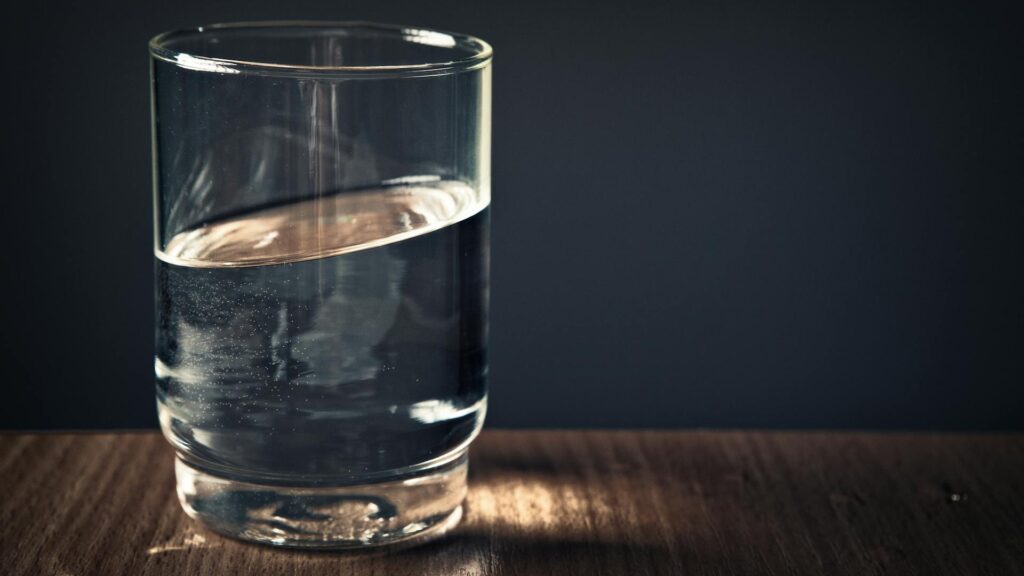While semaglutide is effective in controlling glucose levels and aiding weight loss, some users report experiencing increased thirst.
Let’s dive into why this happens and what you can do to stay comfortable and hydrated.
Investigating Thirst and Semaglutide
Thirst is a vital factor to consider when using any medication, semaglutide included. Here’s what studies and patient reports reveal about semaglutide and its impact on thirst.
Clinical Study Results
A study published in Diabetes, Obesity and Metabolism examined the effects of semaglutide on subjects with obesity. Results showed that patients’ thirst ratings were similar between those on semaglutide and those on a placebo. Researchers investigated this medication’s impact on appetite, energy intake, eating control, food preferences, and body weight. The findings indicate no significant difference in thirst levels between the two groups, suggesting semaglutide doesn’t notably affect thirst.
Patient Reports and Experiences
The Washington Post reported various side effects experienced by patients using semaglutide for weight loss. These included dizziness, weakness, and nausea, but there was no specific mention of increased thirst. This omission indicates that thirst is not a commonly reported side effect among patients. However, while patients face challenges balancing weight loss benefits against side effects, increased thirst does not appear to be a prevalent issue.
Managing Thirst While on Semaglutide

To manage thirst effectively while taking semaglutide, you can follow several practical guidelines. These methods help maintain proper hydration and reduce the discomfort caused by dehydration.
Practical Tips
- Drink Plenty of Fluids: Focus on water and low-calorie beverages. Aim for at least 9 cups of fluids daily if you’re female or 13 cups if you’re male.
- Carry a Water Bottle: Keep a refillable bottle with you to drink throughout the day and stay hydrated.
- Drink at Regular Times: Have water with meals and at regular intervals to maintain consistent hydration levels.
- Drink Extra Fluids During Hot Weather or Illness: Increase your fluid intake when you’re sick or it’s hot out to prevent dehydration.
When to Consult a Doctor
Constant or severe thirst might require medical intervention. Contact your doctor if you experience persistent dehydration symptoms like dizziness or severe weakness.
Your healthcare provider can offer tailored advice or adjust your treatment plan to ensure your overall well-being.
Monitoring Health With Semaglutide
Consulting with Healthcare Providers
Always consult your healthcare provider before switching medications. They will consider your medical history and current conditions to recommend the best treatment. Regular follow-ups ensure that any new medication’s efficacy and side effects are closely monitored.
Monitoring and Management
Regularly monitor your health parameters like blood glucose levels and weight when switching to a new medication. Maintain a healthy lifestyle, incorporating a balanced diet and regular physical activity. This approach optimizes the effectiveness of any treatment, whether continuing semaglutide.
Frequently Asked Questions
Can semaglutide cause increased thirst?
Studies show no significant difference in thirst levels between patients on semaglutide and those on a placebo.
How can I manage dehydration caused by semaglutide?
Stay hydrated by drinking plenty of water and using oral rehydration solutions if needed. Consult your healthcare provider for personalized advice.
Can I switch from semaglutide to another medication?
Consult your healthcare provider before switching medications to ensure the best management plan for your condition.
Is weight loss a common side effect of semaglutide?
Yes, semaglutide is also used to aid weight loss in addition to managing type 2 diabetes.
Should I monitor my health closely while on these medications?
Yes, regular monitoring of health parameters and consulting with healthcare providers is crucial for optimal management.
Conclusion
Semaglutide has proven to be an effective treatment for type 2 diabetes and weight loss without significantly increasing thirst. While managing side effects like nausea and dehydration is important, thirst isn’t a common issue reported by patients.
Monitoring your health closely ensures you achieve the best outcomes while minimizing discomfort.




